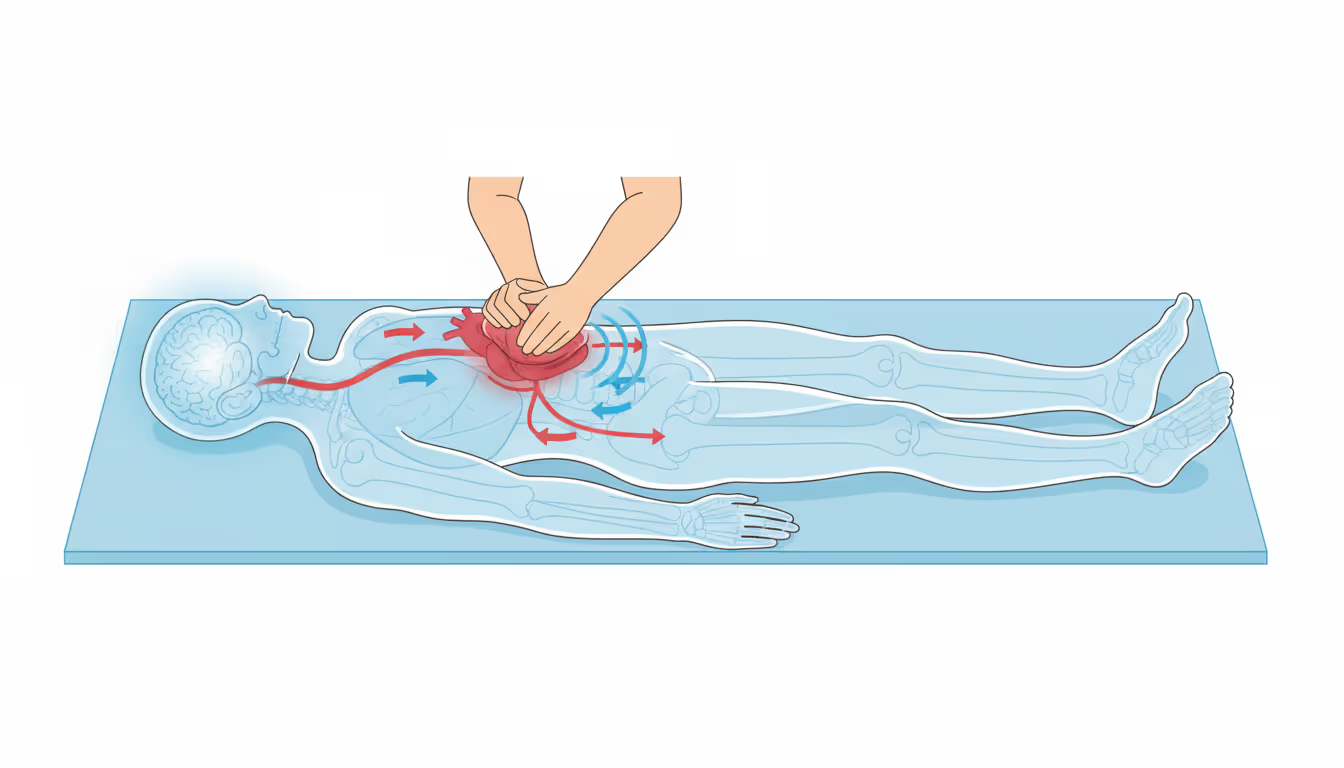
Zeitgeber refers to an environmental factor or event that acts as a signal for setting or resetting our internal biological clock. To align our biological rhythms, we rely on the presence of Zeitgebers. The primary Zeitgeber found in nature is light. However, social interactions, chemical stimuli, and physical activities can also function as Zeitgebers. Light is classified as a photic Zeitgeber, while activities are considered non-photic Zeitgebers. The word Zeitgeber originates from the German words "Zeit" (meaning time) and "Geber" (meaning giver), translating to "time-giver." This term was first introduced to the scientific community in 1954 by Jürgen Aschoff, who was the Director of the Max Planck Institute in Erling-Andechs, near Munich, at the time.




